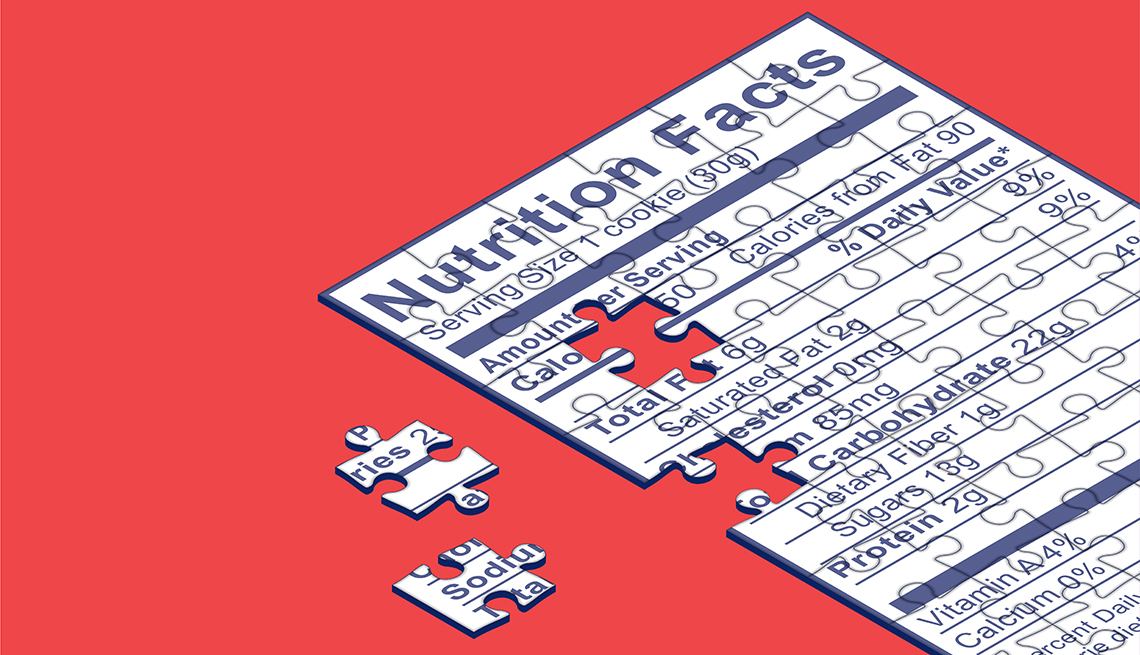Blood
What Is the DASH Diet?
What foods are allowed on the DASH diet?
Specific foods include fruits and vegetables, low-fat and no-fat dairy, whole grains, fish, poultry, beans and nuts. And because sodium has a very clear impact on heart health — research shows the risk of cardiovascular disease increases up to 6 percent for every 1-gram increase in sodium — the DASH plan recommends reducing sodium to about 2,300 mg per day, with a lower-salt version of the diet recommending no more than 1,500 mg per day (the amount in ¾ teaspoon of salt).
Also recommended: limiting sweets to no more than five servings per week; avoiding foods rich in saturated fat (like whole-fat dairy and red meat); and drinking alcohol only in moderation, since alcohol can raise blood pressure.
The DASH Diet
Foods to eat:
- Vegetables
- Fruits
- Whole grains
- Fat-free or low-fat dairy
- Fish
- Poultry
- Beans
- Nuts and seeds
- Vegetables oils
Foods to limit:
- Fatty meats
- Full-fat dairy
- Sugar-sweetened beverages
- Sweets
- Sodium (salt)
Source: National Heart, Lung and Blood Institute
But the DASH diet isn’t so much about individual foods as it is about the overall eating plan. Research shows that eating a variety of foods with nutrients that lower blood pressure has a greater effect on blood pressure than focusing on individual foods or nutrients.
With DASH, “the main focus points are reducing sodium and getting enough calcium in,” says Liz Weinandy, an outpatient dietitian and clinical instructor at the Ohio State University Wexner Medical Center. “While it promotes many of the same healthy foods as the Mediterranean diet, the DASH diet specifically reduces sodium and encourages three servings of low-fat dairy daily, as calcium has been found to help lower blood pressure.”
Worth noting: If you’re lactose intolerant, you may need to make adjustments, such as choosing lactose-free or lactose-reduced milk.
What are the health benefits of the DASH diet?
If you have high blood pressure — and more than two-thirds of people over age 65 do — your doctor may have already recommended the DASH diet for one very simple reason: It lives up to its name.
Research shows that the reduction of blood pressure among people who follow the DASH diet is comparable to that of people who take medication for stage 1 hypertension. But that’s not all. Research published in 2020 in the journal Arthritis & Rheumatology suggests it may also reduce the risk of gout, a painful inflammatory condition that’s common in people with hypertension and other cardiovascular diseases, by lowering levels of uric acid in the blood.

